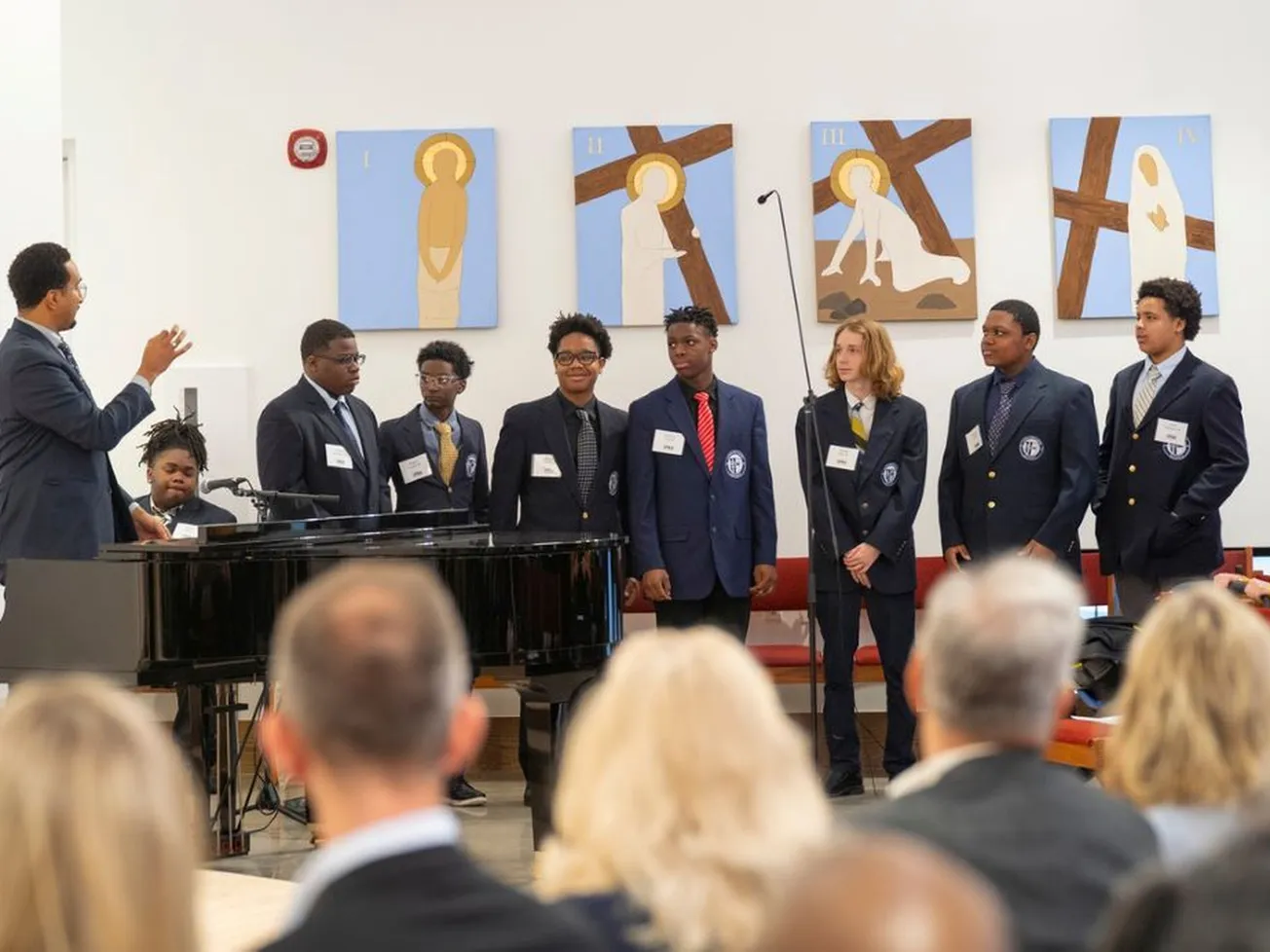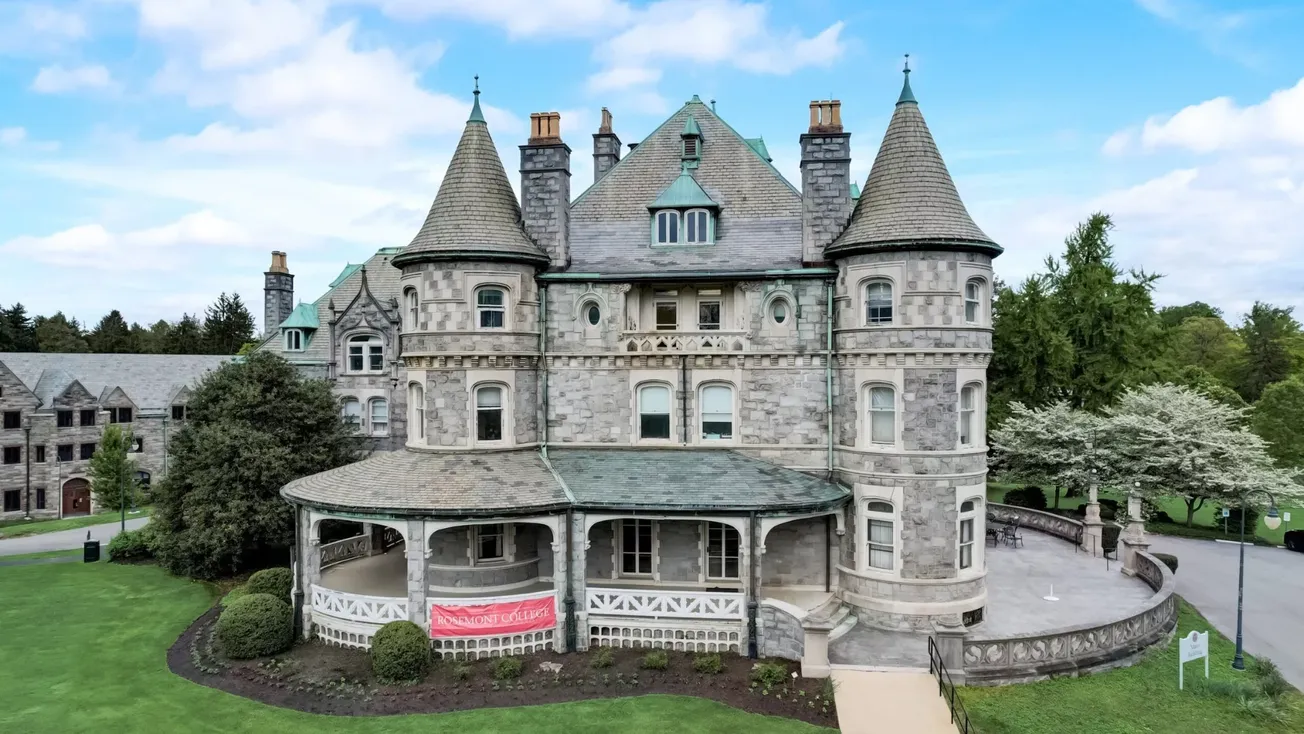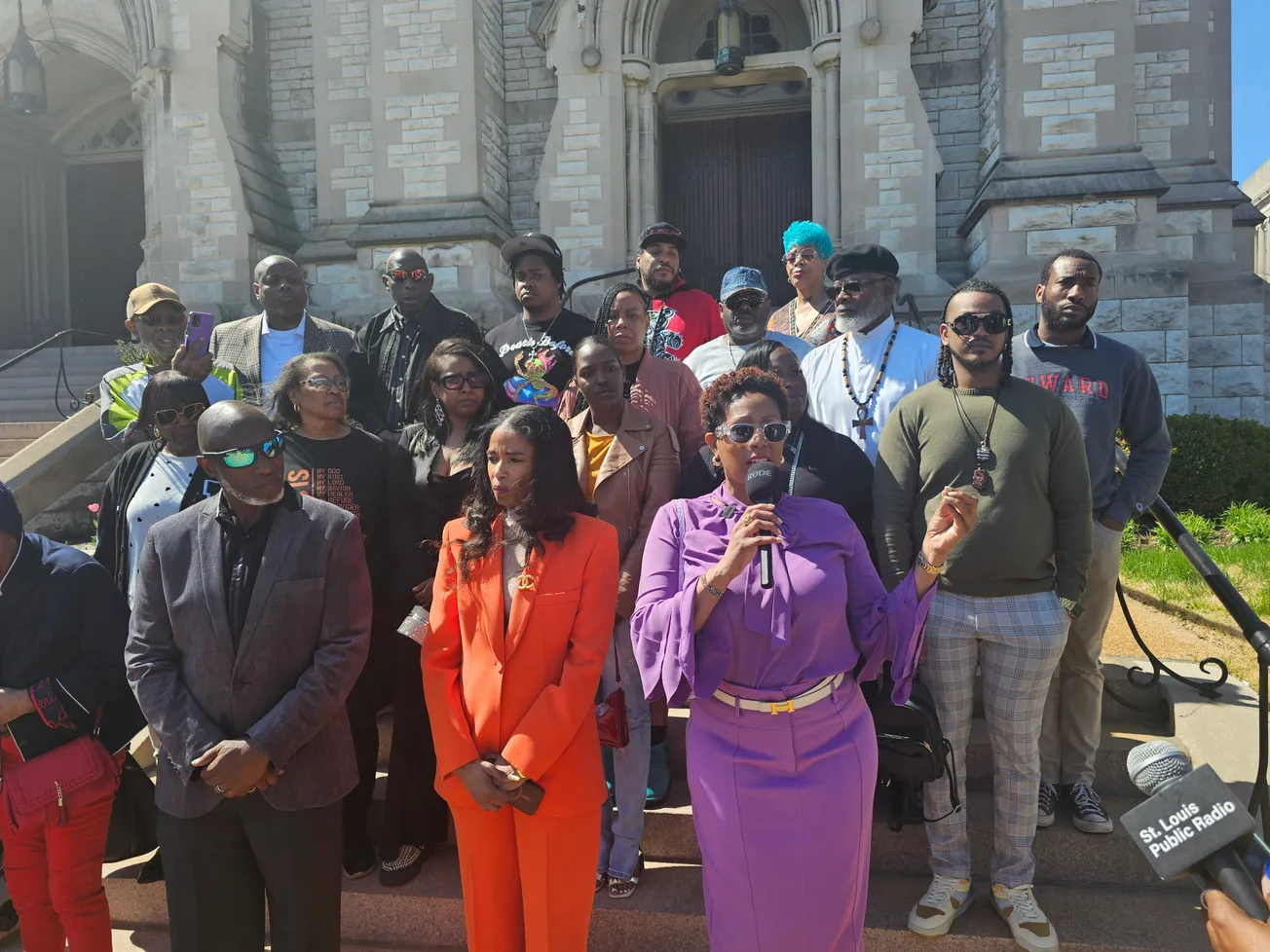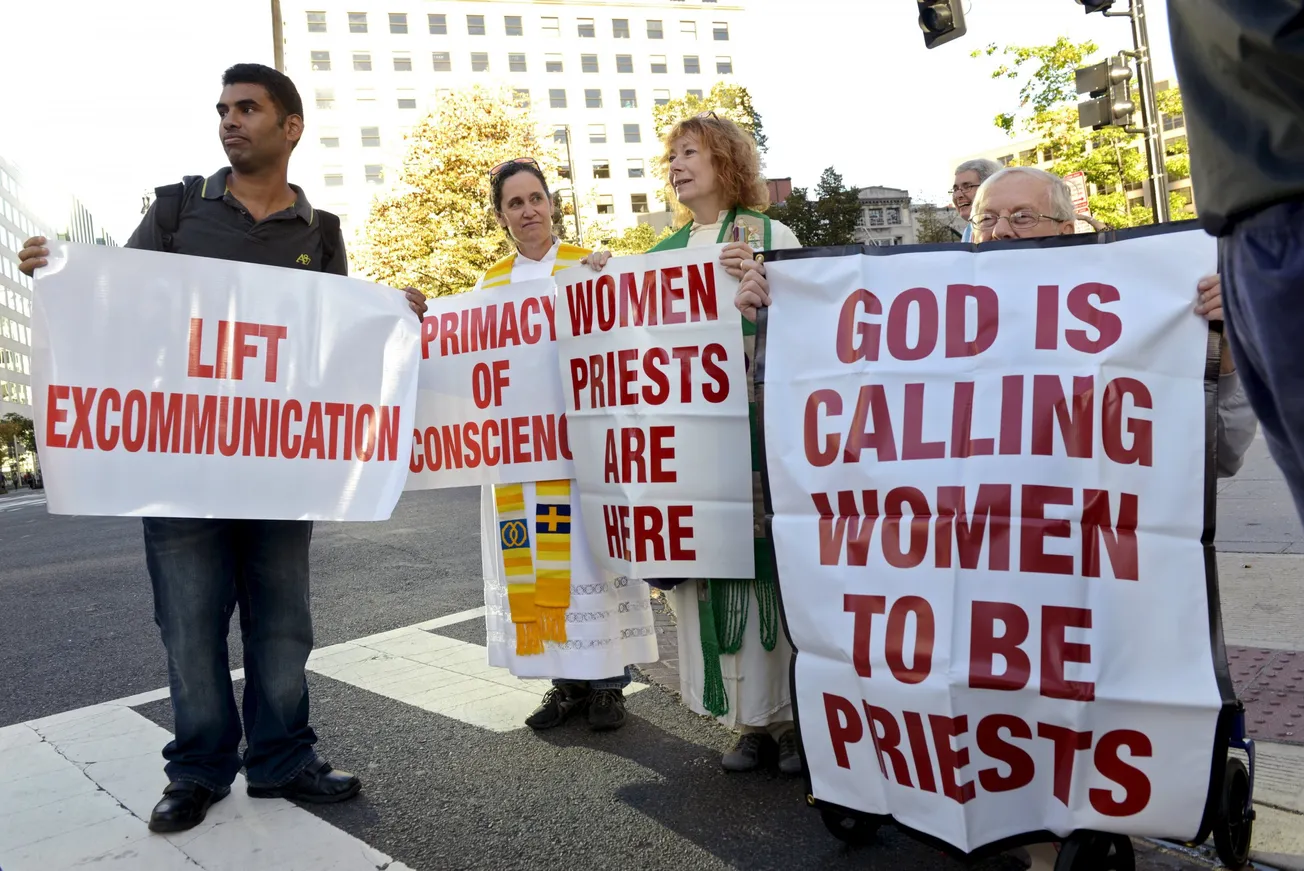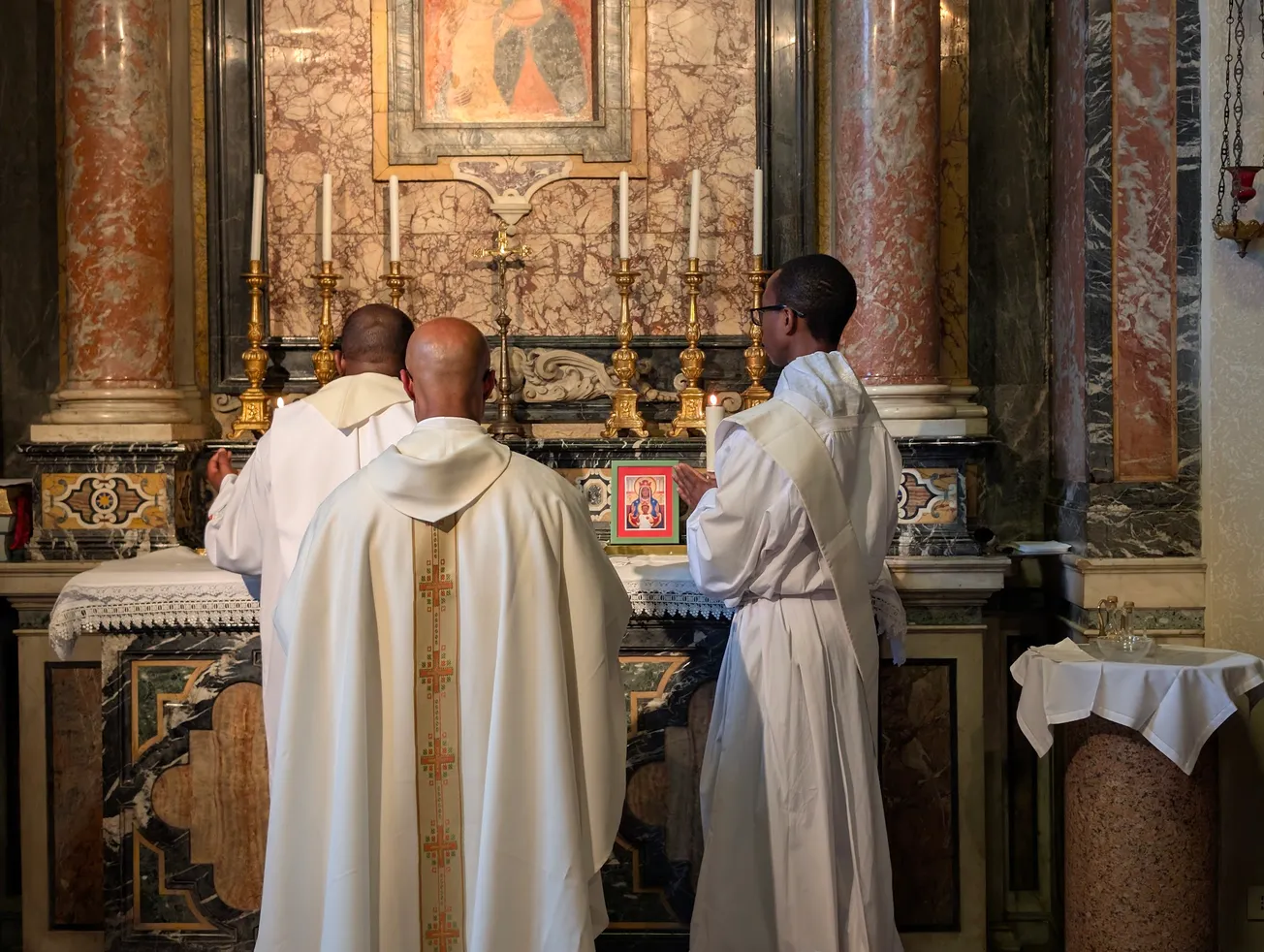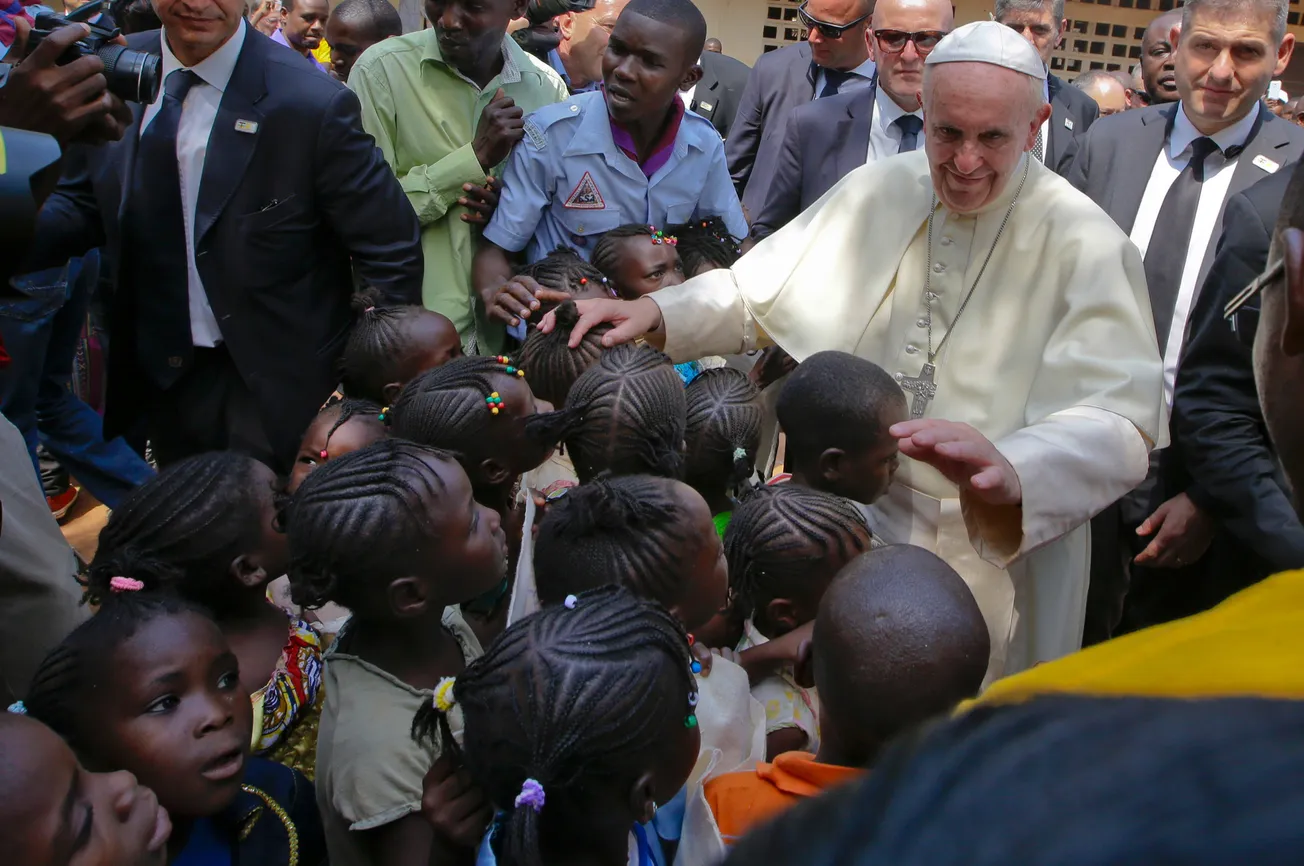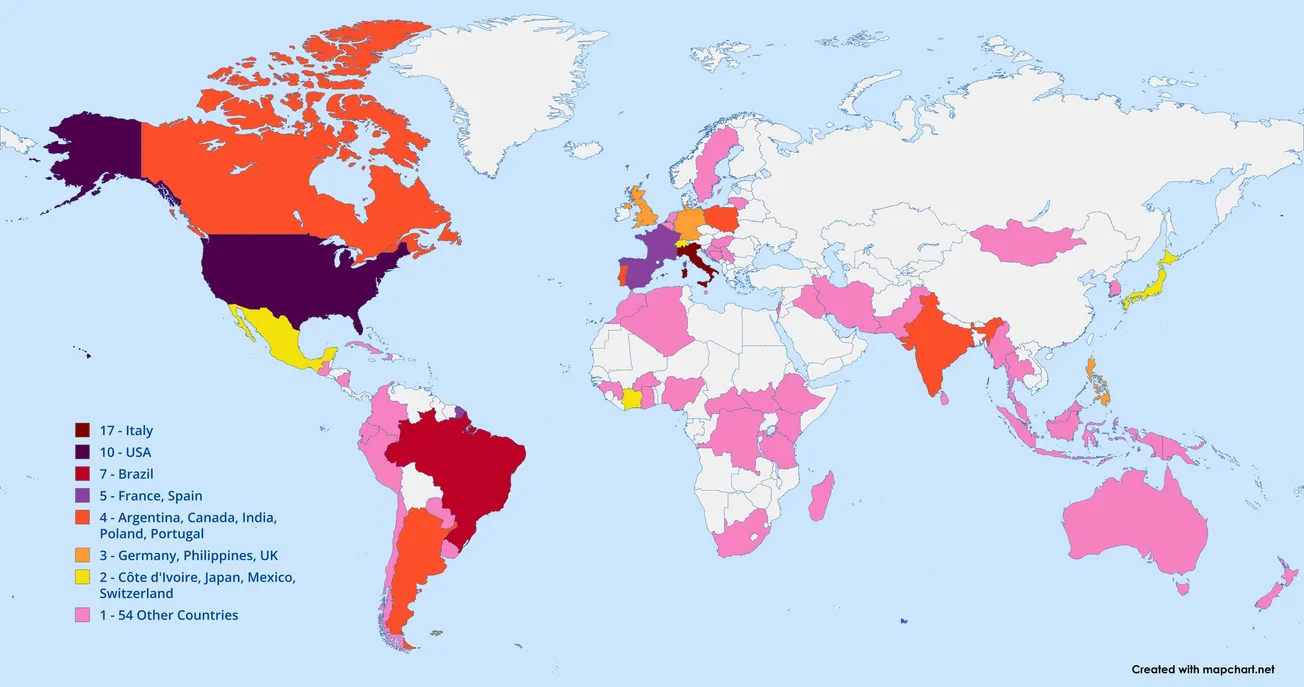The University of Dallas, a Catholic institution consistently ranked among the most conservative schools in the nation, has a scandal brewing over a proposed group meant to combat racism.
The group, presently titled "Student Leaders for Racial Solidarity", underwent multiple name changes and a constitutional amendment this month after being tabled twice by the UD Student Government (SG), at least in part due to the group's proposed mission.
The group was founded in "'the pursuit of wisdom, truth, and virtue", "principled, moral judgment", and "civil conversation within our campus community," said Joshua Nunn, its president and founder, in an interview with The University News (UD's campus newspaper).
The group has yet to be approved.
"I'm not willing to change it anymore," said Nunn, an African-American preparing to graduate in May with a degree in business.
"We had word, anyway, that no matter what we said, the discussion would get tabled [again]."
Nunn also cited the all-too-familiar political reality that, with looming elections in the SG, some senators were unwilling to show their hands and risk alienating voters.
The initial tabling on November 2nd arose from senators' "fears" of losing "free expression", as well as a statement in the group's constitution that referred to a "safe zone" for Black and other minority students.
Trying to start a club called "Student Leaders for Racial Progress" on campus. After 20 minutes of back and forth between senators, student government tabled the discussion for next week. Please send prayers that we are able to get this club approved
— Natalie Villafranca (@NatalieVillafr1) November 4, 2020
The group was thereafter renamed by its leaders from "Student Leaders for Racial Progress" to "Student Leaders for Racial Justice" (SLRJ) and they removed the offending statement from their constitution, following accusations that it implied exclusion of White members.
Upon being ranked the #1 most conservative student body by the Princeton Review in 2017, UD featured the information on their website, championing their "right-leaning viewpoints" as well as their high ranking on the similar "Future Rotarians and Daughters of the American Revolution" list.
While such elements might exclude minority students, they were not mentioned by the critics of the proposed SLRJ group.
The tabling of the proposal brought a slew of criticism, with one senator even alleging the group had been targeted by certain senators on ideological grounds, which she argued was a violation of SG bylaws. Another senator, writing on Twitter the same day, agreed:
As a senior senator and chair of the administrative functions, who’s job it is to review new club constitutions, the tabling vote by the rest of the senate was very disheartening. There are no contradictions between the clubs constitution and the UD mission and vision statements. https://t.co/JbZkIlrn88
— Cadence Chiappe (@CadenceChiappe) November 4, 2020
Another senator, speaking anonymously to TUN, objected to these characterizations, additionally claiming it would be "racist and sexist" for "certain" senators to be criticized for voting against the club's approval. The senators in question were implied to be White males.
A second anonymous senator echoed this position, arguing that the UD mission is antithetical to the idea of putting "skin color before inherent human dignity", and that the new club aimed to "frame campus discussions in a racially divisive manner".
This unnamed senator went on to intimate that Christianity has opposed ethnic safe spaces "since its birth", though St. Luke's account of the first deacons complicates that theory.
The first unnamed senator also claimed that his concerns "should be worried about, not just by opposing senators, but by UD students and faculty at large.”
On that note, Nunn noted that not only are more sympathetic members of UD's higher administration "reluctant" to overrule the SG on matters of governance, but several faculty are openly opposed to his proposed group—including a baker's dozen that penned an open letter to the SG.
"The formation of such a club, however well-intentioned, would import from the highly divisive world of social media the sort of terminology that is likely to polarize our conversations on social justice."
As with the anonymous senators quoted in TUN, it is unclear how university faculty opposing a student-led anti-racism group will accomplish anything other than the kind of division and polarity seen on Facebook and Twitter (and, perhaps more saliently, Parler) in recent times.
Professor Andrew Moran, one of UD's English teachers and the above letter's signees, also expressed his concerns in an independent letter to the SG, alleging that the students forming the club are "not aware of the implications" and are being used by faculty and staff who are.
On November 9th, following the exchange of critiques and the open letters, the group was tabled a second time, despite the changes to the constitution and name.
In lieu of a third (and anonymous) SG vote scheduled for November 16th, Nunn and the group struck an agreement with the UD administration to wait until next semester to bring their proposal to the SG again.
"I think there was a general fear that if we got tabled again," revealed Nunn, "we would have a situation on our hands."
The group eventually settled on its third and current name, and is planning its next steps—including an administration-sponsored "high level" event and additional fundraising.
While Nunn admits "it's not a guarantee" that these twin stratagems will help them prevail in their next appearance before the SG, he believes the administration is somewhat confident.
"There is supposed to be a general trust that SG is doing the right thing," he noted.
"That's the point of student government: for it to be about the students."




